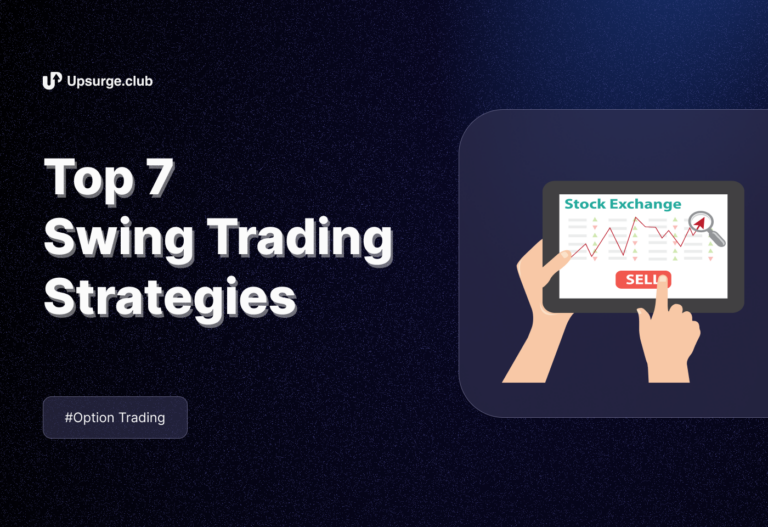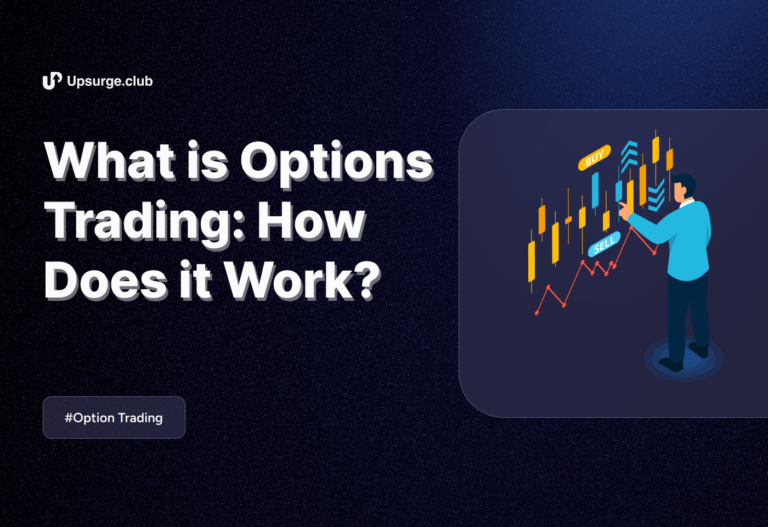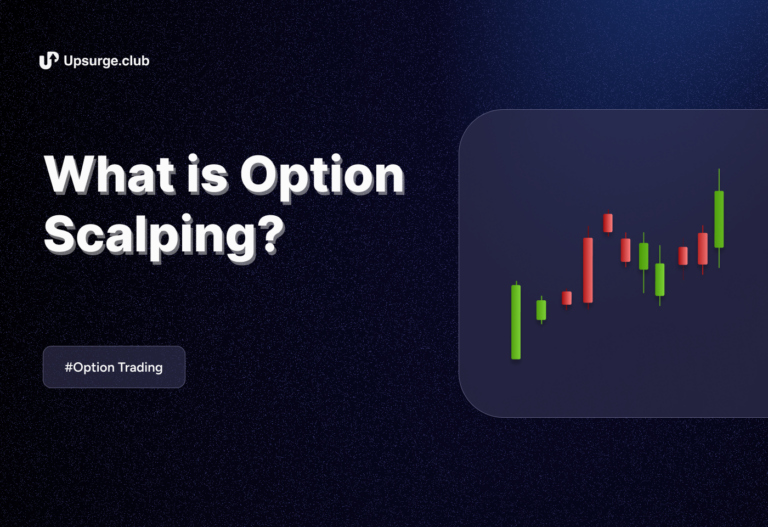Options are a popular derivative trading instrument that involves buying and selling options contracts of underlying assets such as stocks, indexes, and more. In this market, traders can profit from price movements in underlying assets without owning them outright.
However, while trading options, traders should be mindful of the significance of trading psychology in mitigating the inherent risks. Trading psychology refers to the mental and emotional aspects of trading that can affect decision-making and ultimately impact profitability.
In this post, we’ll discuss how trading psychology may assist option traders in making educated judgments, reducing emotions, and improving discipline. All these things can help you to learn option trading more precisely.
Understanding Trading Psychology and its Components
Trading psychology refers to the mental and emotional aspects of trading that can impact decision-making and performance. It involves managing emotions, thoughts, and behaviors to make rational and objective trading decisions.
The components of trading psychology include:
- Emotions (e.g., fear, greed, anxiety, excitement)
- Beliefs and attitudes (like positivity, self-confidence, and self-efficacy)
- Cognitive abilities and mental states (including focus, perception, and recollection).
- Behavior and habits (e.g., discipline, risk management, trading plan adherence)
- Self-awareness (e.g., recognizing biases, strengths, and weaknesses)
- Mindset (e.g., growth mindset, resilience, adaptability)
These emotions can influence traders to make impulsive decisions, deviate from their trading plan, and engage in risky behavior. Managing emotions and developing emotional intelligence are essential for successful trading.
Impact of Trading Psychology on Option Trading
Trading psychology can significantly impact option trading, influencing decision-making, risk management, and trading strategies. The two most significant impacts of trading psychology in options trading are:
1. Emotional Pitfalls
One of the most significant impacts of trading psychology in options trading is the emotional pitfalls that traders can experience. These can include impulsive decisions, overtrading, and revenge trading, all of which can result in significant losses.
By developing emotional intelligence and managing emotions effectively, traders can minimize the impact of these pitfalls and make more rational decisions.
2. Anchoring Bias
Anchoring bias is the tendency to rely too heavily on the first piece of information that you come across when making a decision.
In the context of option trading, a trader may fixate on a particular price or expectation and be slow to adjust their positions in response to new market information. This can lead to missed opportunities or losses.
To overcome anchoring bias, traders should be aware of their biases and try to approach trading decisions objectively, considering all relevant information and avoiding undue influence from any one factor.
Develop a Strong Trading Psychology for Option Trading
Developing strong trading psychology plays a crucial role in the success of option trading. Traders must be able to manage emotions, make rational decisions, and follow their trading plan effectively.
Here are a few ways you can develop a strong trading psychology:
1. Self Assessment:
Self-awareness and self-assessment help traders make sensible trading judgments. By doing so, traders may discover areas for improvement and build a plan to solve them.
2. Emotional Management:
Managing emotions is also important for traders to undertake successful options trading. Mindfulness, deep breathing, and meditation are keys that can help traders control their emotions.
3. Build a Support System:
Traders should also consider creating a strong support system, such as a trading coach or mentor, to help them manage emotions effectively.
4. Bias-Free Trading:
Mental/Cognitive biases can also have a significant impact on trading decisions, leading traders to make irrational and suboptimal choices. Some of them are overconfidence bias, confirmation bias, loss aversion bias, etc.
Traders can overcome these biases by using techniques such as:
- Seeking out contradictory information and opinions
- Using decision-making frameworks, like the cost-benefit analysis
- Using checklists and rules-based systems to guide decision-making
- Keeping a trading journal to track performance and identify patterns
Benefits of Good Trading Psychology in Option Trading
Having a strong trading psychology can be a significant advantage for options traders, providing them with the mental and emotional fortitude needed to navigate the complex and often volatile options markets successfully.
Good trading psychology can have significant benefits for traders in options trading, including:
1. Enhanced Decision-Making:
Traders with good trading psychology can make informed and rational decisions, even in the face of market volatility and uncertainty.
2. Improved Risk Management:
Effective trading psychology allows traders to manage their risk better, minimizing losses and maximizing profits.
3. Increased Consistency:
Having better trading psychology enables traders to stick to their trading plan, avoid impulsive decisions, and maintain discipline in their approach.
4. Reduced Emotional Trading:
Traders with good trading psychology can control their emotions and avoid making trading decisions based on fear, greed, or other negative emotions.
5. Better Trade Execution:
Effective trading psychology allows traders to execute their trades efficiently without hesitation or second-guessing.
6. Enhanced Performance:
Traders who are disciplined and able to manage their emotions can stay focused on their trading plan and make rational decisions, even in the face of unexpected events or losses.
Helpful Measures for Beginners in Option Trading
Options traders need a trading plan to focus, make educated decisions, and control risk. Traders should consider their financial goals, risk tolerance, and trading style when developing a trading plan.
Here are some helpful measures for beginners in options trading to navigate the complexities of this financial instrument and improve their chances of success.
- Entry and exit points for trades
- Criteria for selecting trades
- Risk management strategies
- Trading goals and objectives
- Trading style and approach
- Timeframe for holding trades
- Evaluation and monitoring of trade performance
- Contingency plans for unexpected market events
- Rules for position sizing and leverage use
- Tools and indicators used for analysis and decision-making.
Traders should learn option trading to be aware of the ins and outs and be realistic about their expectations. Online option trading courses from Upsurge.club can be helpful here to guide traders on how to undertake derivatives trades and mitigate the risks.
Conclusion
The importance of trading psychology in options trading cannot be overstated. Fostering self-awareness, emotional regulation, and overcoming cognitive biases allows traders to minimize emotional pitfalls and optimize their decision-making abilities, risk management, and profitability in the complex world of options trading.



